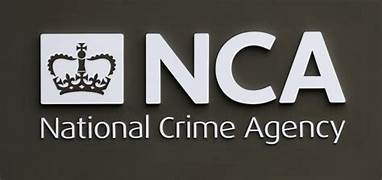
Two men from London have become the fifteenth and sixteenth members of a £100m+ money laundering network to be convicted, following a major National Crime Agency investigation into cash smuggling from the UK to the UAE.
Guilty verdicts were returned yesterday (11 January) on Ali Al-Nawab, 40, from Golders Green, London, and Mehdi Amrollahbibiyouki, 41, from Finchley, London, following a three-week trial at Isleworth Crown Court.
They were part of a network which smuggled more than £104 million during 83 separate London to Dubai trips between November 2019 and October 2020.
The criminal conspiracy was overseen by ringleader Abdullah Alfalasi, 48, who was jailed for more than nine years in July 2022.

Pictured: Mehdi Amarollahibiyouki (left) and Ali Al-Nawab (right)
Adrian Searle, Director of the National Economic Crime Centre in the NCA, said: “The money carried in these suitcases was directly linked to the harm and violence associated with organised crime.
“The very purpose of organised crime is to make money. By going after it and those who launder it, we are targeting the heart of the criminal business model.
“Those involved will now rightly also realise the consequences for them personally – a criminal conviction.”
Evidence gathered from Alfalasi’s phone showed that Al-Nawab and Amrollahbibiyouki both worked as cash couriers.
The couriers, who were paid up to £5,000 for each trip and would be booked on business class flights due to the extra luggage allowance, communicated on a number of WhatsApp groups including one named ’Sunshine and lollipops’.
Amrollahbibiyouki, who was arrested at his home address in April last year, made three trips to Dubai in February and March 2020, checking in 12 suitcases containing £4.3 million. Evidence on his phones revealed that he had also been responsible for counting and packaging criminal cash totalling £11.1 million for eight trips made by couriers, including the ones he made himself.
Al-Nawab was arrested in May 2022 as he was leaving the UK to travel to Turkey. He made two journeys in March 2020, checking in nine suitcases containing £3.2 million.
The network collected cash from criminal groups around the UK, which was believed to be the profits of drug dealing, and took it to counting houses, usually rented apartments in Central London.
The money was then vacuum packed and separated into suitcases which would typically each contain around £400,000, weighing around 40 kilos. They were sprayed with coffee or air fresheners in an effort to prevent them being found by Border Force detection dogs.
NCA senior investigating officer Ian Truby said: “Al-Nawab and Amrollahbibiyouki were part of an industrial-scale money laundering operation that saw huge amounts of criminal cash smuggled out of the UK.
“Their convictions mark a further dismantlement of this prolific and extensive criminal network.
“Our investigation will not cease until all those involved are brought before the courts and made accountable for their crimes.”
Al-Nawab and Amrollahbibiyouki were convicted yesterday (11 January) and are due to be sentenced at the same court on 8 March.
Fourteen other couriers have been convicted previously.
The NCA investigation has been supported by Border Force and the UAE authorities. A number of British couriers are under investigation in the UAE and cannot leave until inquiries have been completed by UAE law enforcement.
12 January 2024
000000
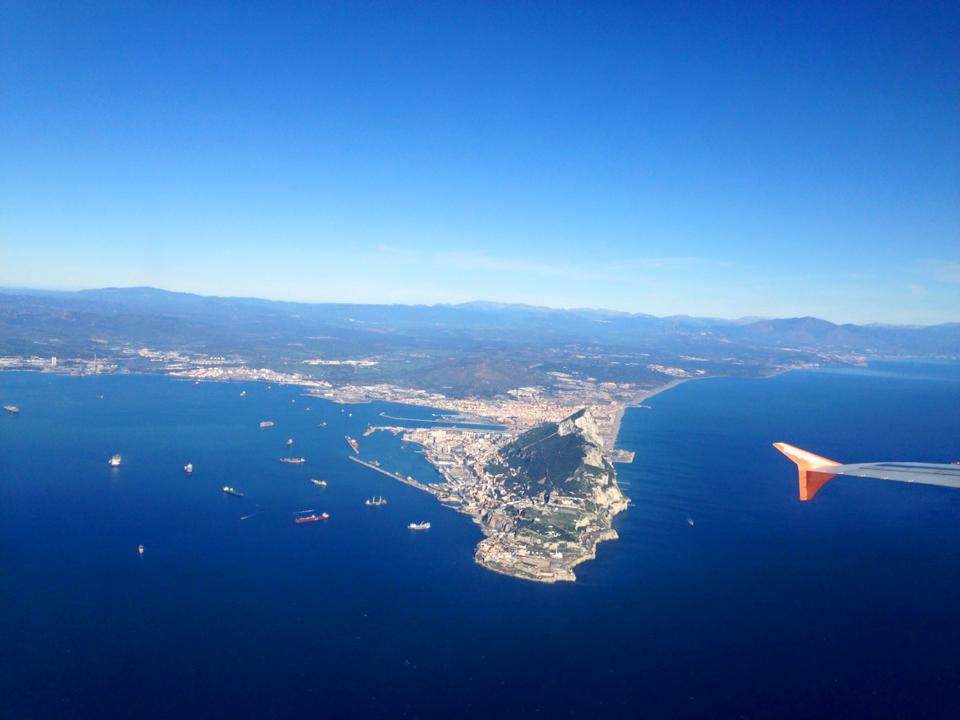


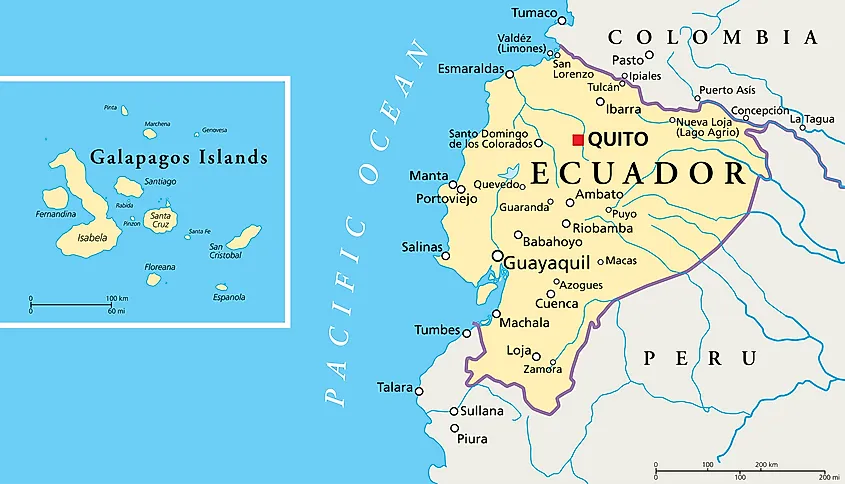
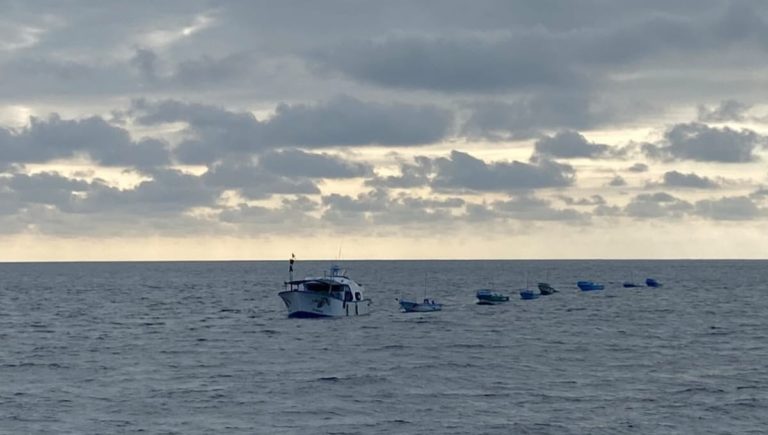
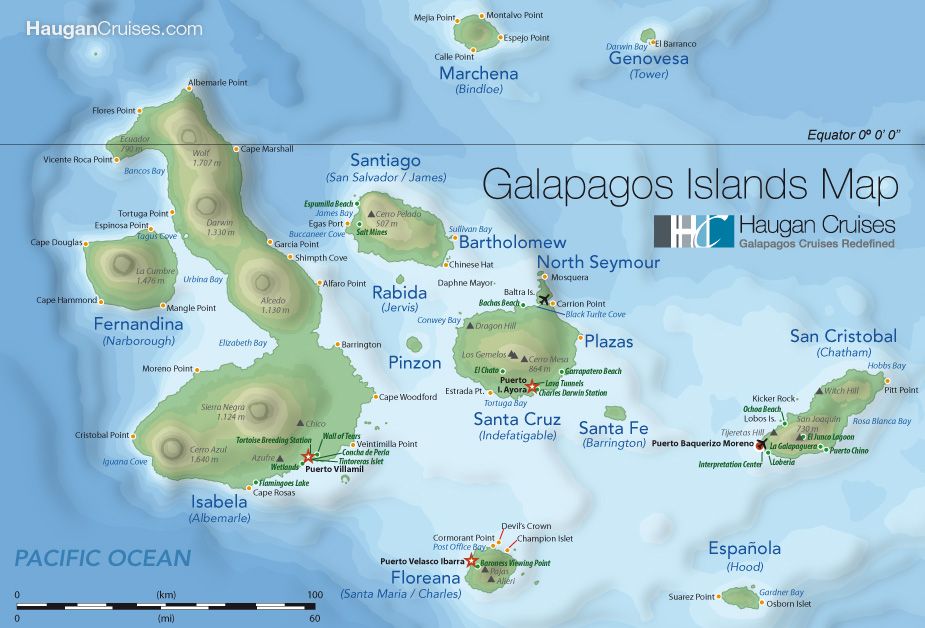
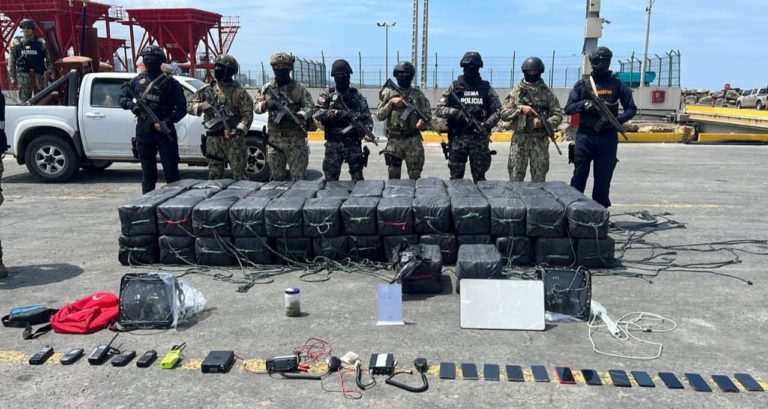
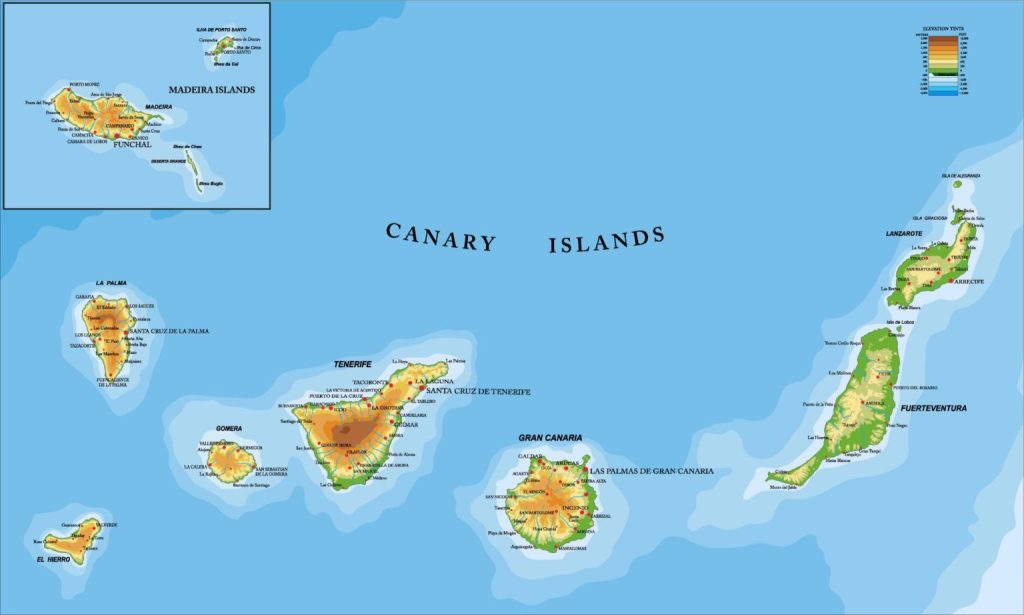
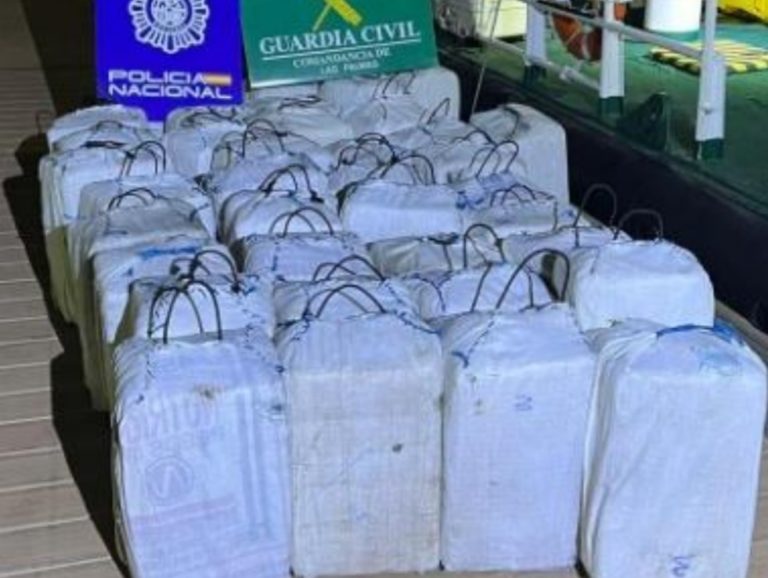
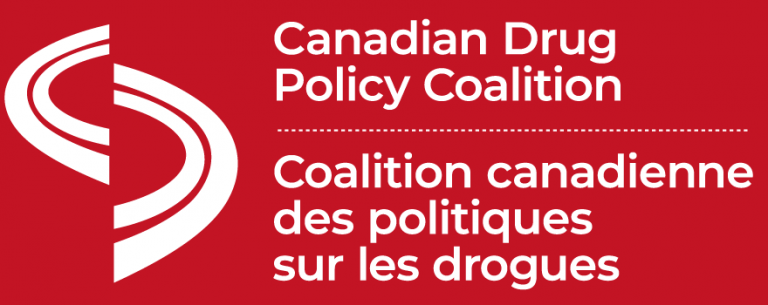 La Coalition canadienne des politiques sur les drogues (CCPD) est un organisme de plaidoyer en matière de politiques. Elle se compose d’environ 50 organismes et de plus de 7 000 membres individuels qui s’efforcent de mettre fin aux préjudices de la prohibition des drogues. La CCPD fonctionne en tant que projet au sein de l’Université Simon Fraser, sous l’égide du Centre de recherche appliquée en santé mentale et en toxicomanie.
La Coalition canadienne des politiques sur les drogues (CCPD) est un organisme de plaidoyer en matière de politiques. Elle se compose d’environ 50 organismes et de plus de 7 000 membres individuels qui s’efforcent de mettre fin aux préjudices de la prohibition des drogues. La CCPD fonctionne en tant que projet au sein de l’Université Simon Fraser, sous l’égide du Centre de recherche appliquée en santé mentale et en toxicomanie.